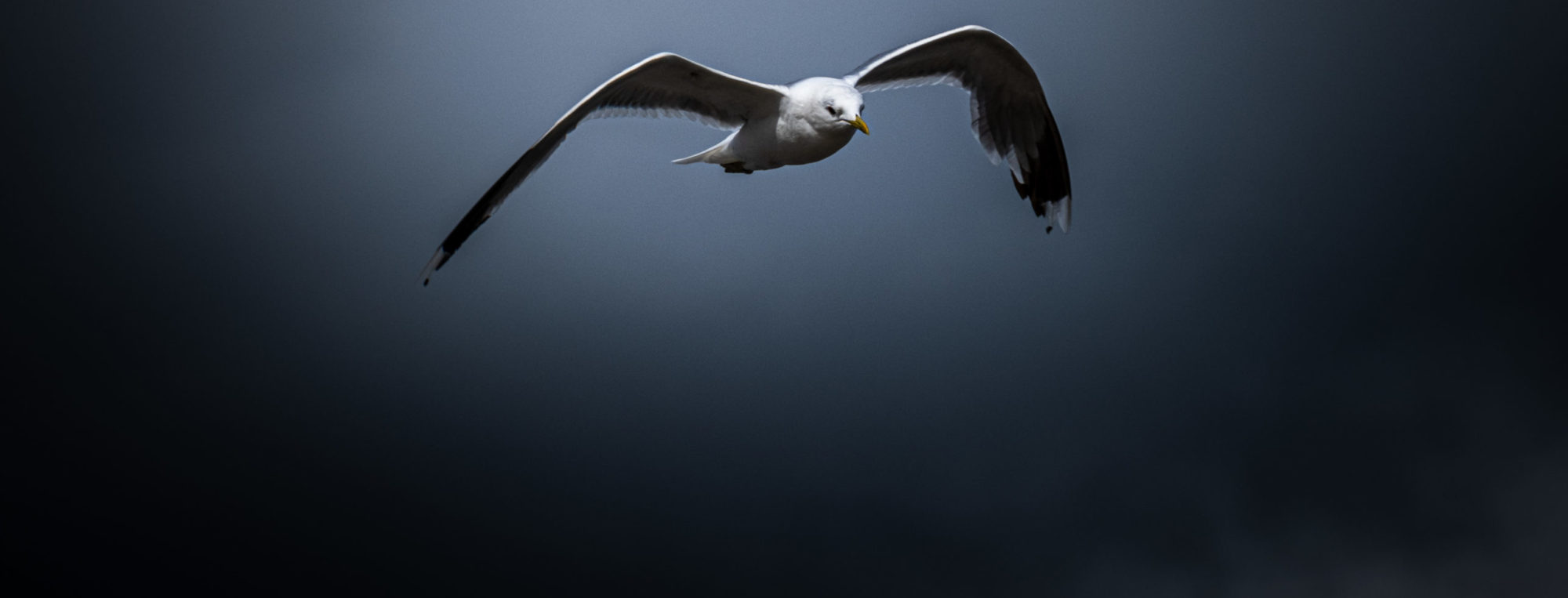A few weeks back I wrote about the song Distance by the British composer and piano player Matthew Thomason, and today we will get to know Matthew a bit better!
Where are you from? And where do you live?
My family are all from Liverpool but I grew up in Stoke-on-Trent, UK. I currently live in Falmouth on the coast in beautiful Cornwall, UK.
How long have you been playing the piano, and do you play other instruments as well?
I’ve been playing the piano since I was about 5 (I was fortunate that my father taught me from a young age). I also sing, play guitar and direct choirs.
Tell us about how you started playing music.
Music has always been a part of my household, whether that’s at family gatherings or going to gigs so it made sense that the young generation would get involved. I was never particularly interested in learning sheet music, I was more interested in playing rock/pop songs to jam with other musicians. Sheet music came later in my development!

How long have you been making piano music?
I’ve always enjoyed improvising at the piano even from a young age but I’d say I started developing and performing my own compositions at school when I was around 14.
Tell us something about that moment you realized you could make songs yourself!
I remember using a really old version of Cubase and I made my first midi song, in hindsight it was probably really crappy but just the feeling of putting together different elements on top of the piano and arranging a track was a game changer for me.
What are your favorite artists in this “piano genre”?
I’m a big fan of Yann Tiersen and I would say his early film music work (Goodbye Lenin etc) had a big influence on me. I enjoy Philip Glass, Max Richter and Nils Frahm too. I’m currently a student of Lubomyr Melnyk, who pioneered Continuous Music and his philosophy of piano playing is hugely inspiring to me, as well as his mesmerising compositions.
Is there one song which you play over and over again as soon as you sit down by a piano? Your own or someone else’s?
I have a two year-old daughter so most of the time I only get to play nursery rhymes! If I do get a few minutes to myself I like to work on Philip Glass Études, especially No.6.
What rules (in making music) need to be broken?
I think we need to re-consider traditional forms and structures. I think it’s too common that composers feel the need to keep songs digestible and predictable in terms of structure but I feel like music should challenge listeners and take them to places they weren’t expecting. This doesn’t necessarily mean constantly changing your piece, in fact, it could be completely the opposite – maybe the song doesn’t need to move and you can allow the listener space to be absorbed by a rhythmic or chordal pattern.
How do you record your music? Yourself? In a big studio? etc
I tend to record my music at home as I have a really beautiful piano built by Pinkham Pianos that was custom designed for my style of playing. Once I have recorded the piano I normally send the stems over to Switzerland to be mixed and mastered by my friend and collaborator Tim Nyss at Apothecary Sounds. I also produce ambient music so I have a small studio set up at home to work on this.

What’s your take on sampled instruments?
I have mixed feelings about them. On the one hand it is more satisfying to hear the rich tones of an acoustic instrument, however, generally I am an advocate of samples. They have enabled musicians around the world who may not have the means or access to studios to produce and share their music. For me, it’s like music socialism – for the many not just the few.
And the questions my 6-year old son once asked me:
Where does your music come from?
Great question! Most of my music is very reactive – I like looking at landscapes or reading books and then trying to capture how they make me feel. Although a lot of my work is inspired by places I try not to write traditional programmatic music which is very literal, I see it more as abstract landscape composition which is driven by emotion.
Thank you for this Matthew!
For more information, please check out the following links:
Facebook / Instagram / Twitter / Website / Spotify

